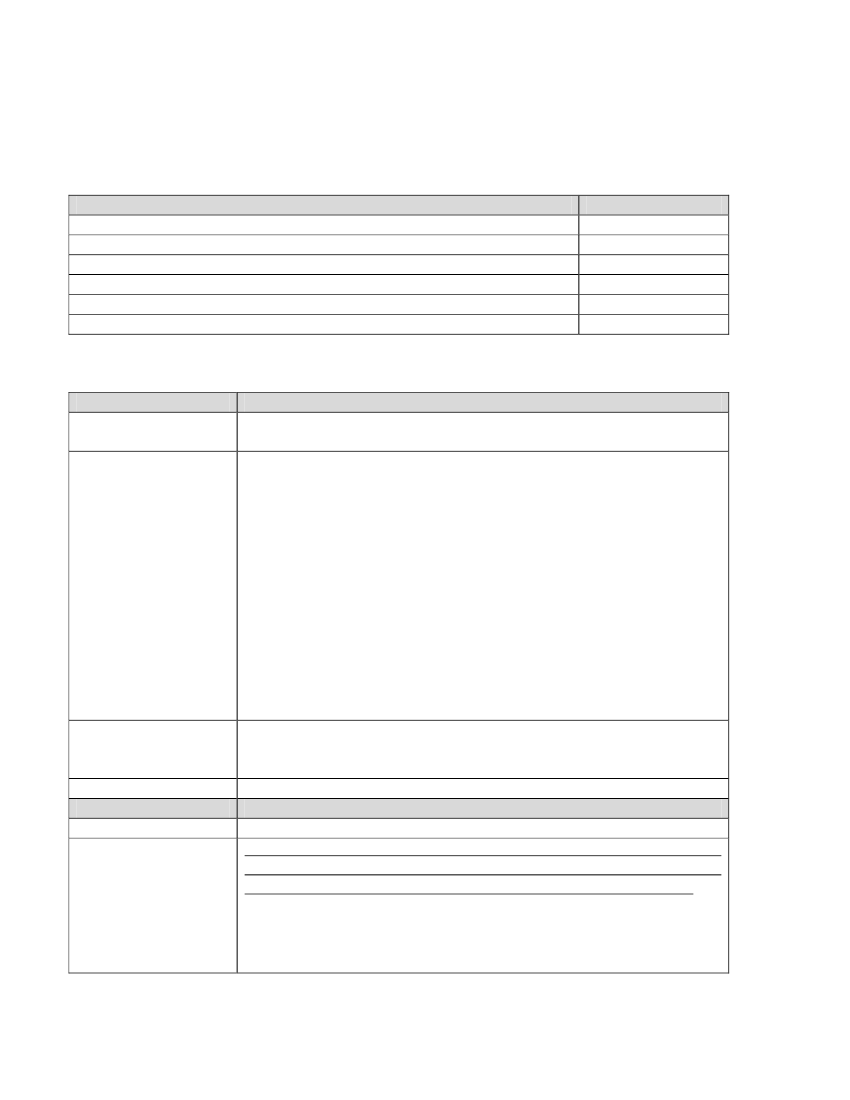
Danish proposals for simplification
- fast track actions and proposals for priority areas
Area of the proposal
Company Law
Maritime
Financial
Statistics
Environment
Total
Fast track proposals
1
Legislation
Need for
simplification
September 2007.
No. of proposals
5
3
4
2
1
15
Company Law
3
rd
Council Directive of 9 October 1978 (78/855/EEC) and 6
th
Council Directive of 17 December 1982 (82/891/EEC)
In case of a merger and division both a draft terms and a statement
are required.
The draft terms, that are to be drawn up by the administrative or
management bodies, must contain a series of information regarding
amongst other things the type, name and registered office, the share
exchange ratio and the amount of any cash payment to the
stockholders in the dissolving companies. The management body
must in the statement explain and justify the plan. The statement must
furthermore explain the fixing of cash payments to stockholders.
Practice has shown that there is a considerable overlap between the
two documents. To this must be added that the statements are often
futile and therefore of very little practical use for the stockholders.
On this regard it is recommended that the demand of a statement in
case of a merger or division is abolished or alternatively that the two
documents are compiled into one.
€ 169.718 + € 74.384
Company Law
3
rd
Council Directive of 9 October 1978 (78/855/EEC)
Report done by an impartial assessor in case of a merger where the
continuing company is a public limited company and one of the
dissolving companies is a private company (3
rd
council directive).
Where shares are issued for a consideration other than in cash in the
course of an increase in the subscribed capital there is in the 2
nd
council directive an obligation for the companies to present a report
Proposal for
simplification
Reductions
2
Legislation
Need for
simplification